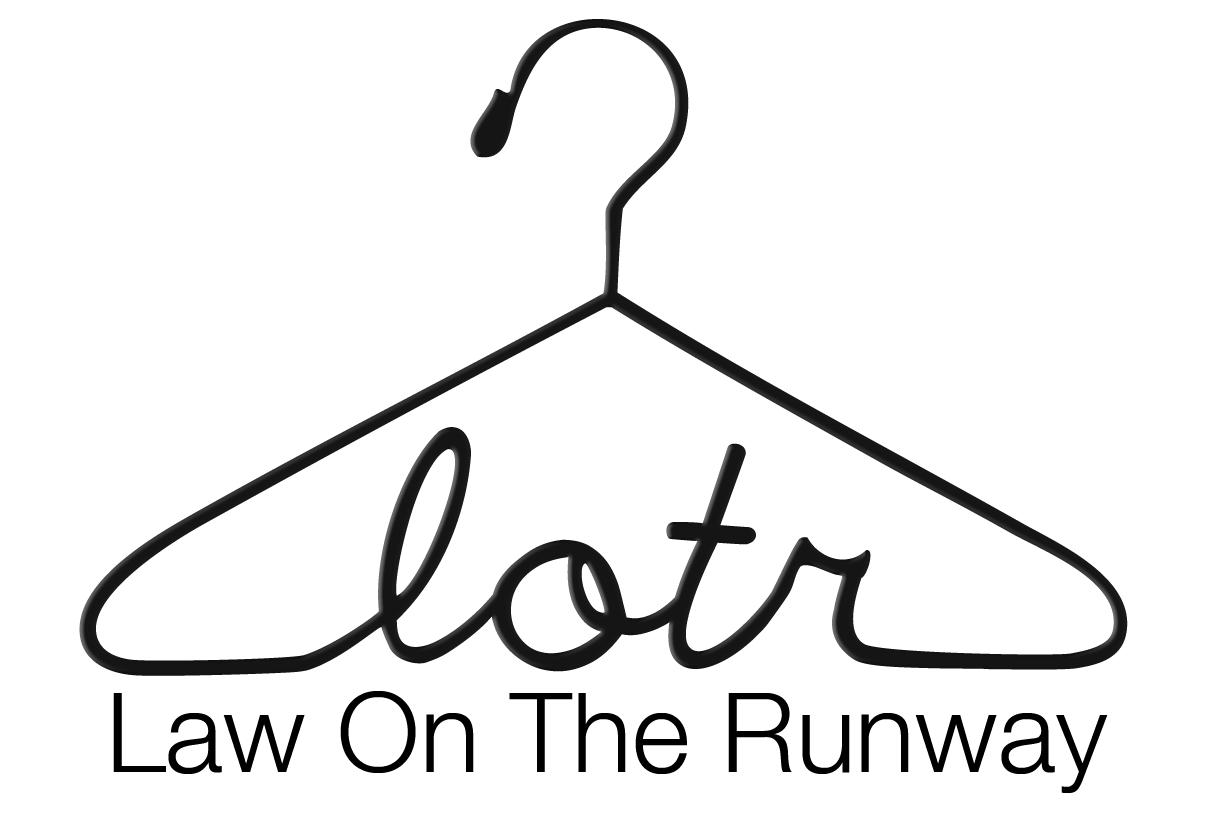Developing Brand Identity: Supply Chain Practices and Deceptive Advertising

Developing Brand Identity: Aligning Your Brand with Social, Environment, and Political Causes
February 21, 2017
Video Bloggers: Legal Issues You Need to Know
March 28, 2017This is the second part of a two-part series about developing brand identity.
In the first part of this series, we discussed the positive side of branding: how to align your brand with different social, political, and environmental causes. But what happens when your business takes a hit? Companies within the fashion and beauty industries are often the subject of scandals involving deceptive advertising, product performance promises that are a little too ambitious, or less than decent supply chain practices. Before getting into a couple of tips to help you learn from other business’ failures and to prevent any kind of negative impact on your brand identity, it’s important to discuss some of the laws regarding deceptive advertising and supply chain practices.
If your business is based in California, the California Transparency in Supply Chain Acts, adopted in 2010, is worth looking into. As we’ve mentioned in a previous post about green marketing, using the act’s guidelines for your own policies, even if it legally does not apply to you, might be a good idea. Another important body to look into is the Federal Trade Commission (FTC). The FTC has numerous guidelines regarding deceptive marketing, whether that would be non-disclosure of sponsored content, false product performance claims, Made in USA claims, and more.
Keep in mind that this post is meant to be taken as general information, not legal advice. There are a multitude of laws and bylaws you should be looking into, depending on the products you are selling. If you have any questions concerning your company’s compliance to these laws, please contact an attorney.
Now let’s look at a few tips to help your brand maintain a positive image.
Know your supply chain This is the key element to making sure nothing goes wrong with your branding. Often times, brands and retailers are so disconnected from everything that happens in their supply chain (especially when part of it is in another country) that they end up having very little control over their final products. Pick the individuals/companies you work with very carefully and understand the journey your products go on enough to be able to justify the decisions you make.
Audit frequently Of course, no matter how well you may know your supply chain and how carefully you pick the people you will be doing business with, supply chain problems can occur. One of the most efficient ways to keep up the different standards you are establishing for your product is to audit your manufacturers frequently. Decide on a regular auditing schedule as well as a few surprise audits to make sure everything is consistent and that no one is covering up mistakes ahead of time because they know they will soon be audited. Another way you can make sure your products always meet a certain threshold is to include a quality assurance clause in your agreements (you can read our blog post about it right here).
Describe your products carefully In regards to product performance claims, you should be very careful about the terms you use. Go through your product descriptions and your advertisements and try to discard any claims you cannot completely justify. Words and expressions such as “guaranteed” or “the best” should be avoided at all costs. Jessica Alba’s Honest Company has faced multiple allegations of deceptive advertising regarding the company’s use of the word “all-natural” to describe their products. It’s easy to get carried away when you are trying to distinguish yourself from your competitors and to create a niche your company can grow into, but keep in mind that the initial attention your business might get because of these claims is nothing compared to the negative impacts class actions such as the ones against Alba’s Honest Company will have on your customer’s perception of your brand.
Inform the third parties you work with This tip goes hand in hand with the first one. Not only should you know your supply chain, but the individuals and entities who are a part of your supply chain should know you and your brand too. Do these people know what your brand stands for? Do they know how important it is that the claims you make are 100% true? For instance, there have been multiple instances of retailers such as Century21 falsely advertising real fur as faux fur. When claims lead to customers purchasing your products because of ethical reasons, it is essential that the people you work with are aware that certain elements you ask for are non-negotiable. This tip not only applies to individuals who are part of your supply chain but also those you hire for marketing purposes. For instance, if you are using influencers to reach a wider audience, you should include in your campaign agreement a disclosure clause that follows the FTC’s guidelines (more on this in our post about influencer campaign agreements).
Be honest with your customers We’ve touched on this in the first part of the series, but being transparent really is essential to your brand’s identity. Customers are far more willing to forgive your mistakes if you are open about them than if they feel like they are being duped or tricked into purchasing your products.
As with all Law on the Runway posts, please use this as general information, not as legal advice. If you have any questions, you may email hello@lawontheruway.com.

